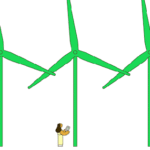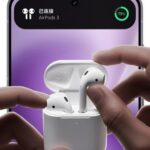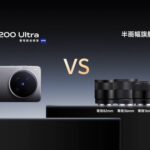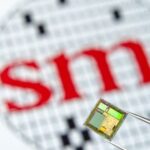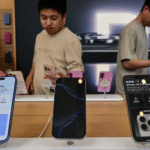According to Channel News, Apple’s upcoming iPhone 17 series may face a shortage when launched due to the supply chain problem related to a major component used in the device’s thermal management system.
At the time of the issuance, it is expected to be less than 5 months, Apple is said to be struggling to accelerate production at the necessary speed to meet the demand.
The problem focuses on the shortage of fiberglass fabric with low heat expansion coefficient (low CTE), an important material used to adjust the temperature inside the iPhone’s chassis. Without proper heat control, high temperatures can lead to long -term performance problems of the machine, reduce battery life and shorten the device’s life.
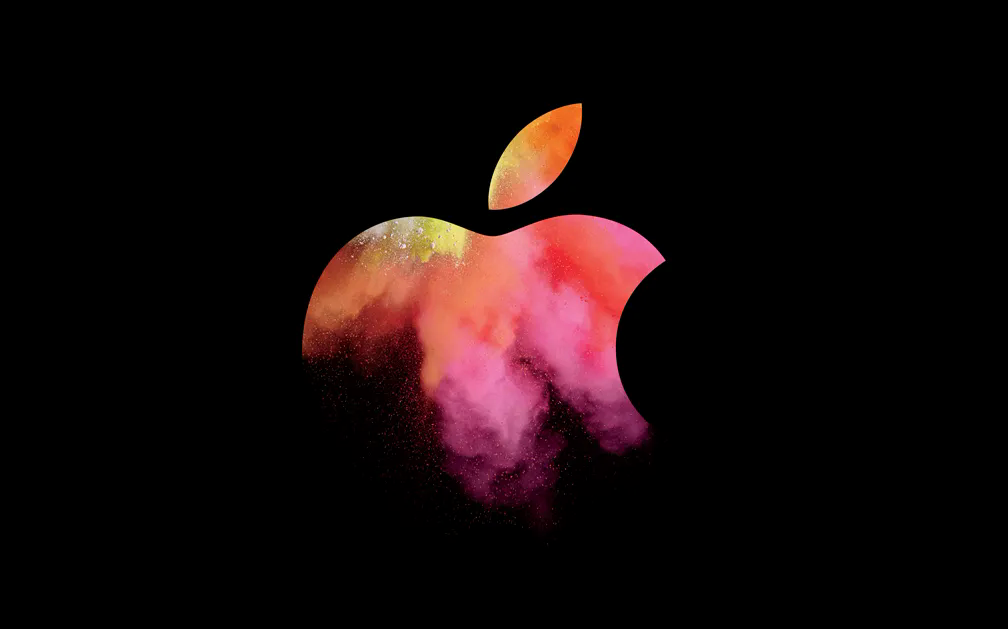
Grace Fabric Technology, the world’s largest supplier of ultra -thin fabric fabric and is Apple’s main supply, is currently one of the only two manufacturers capable of producing this component on a large scale.
According to the reports, Apple has called for partners in the supply chain to help solve the shortage of raw materials. Tim Cook is said to be “extremely worried” about this situation.
The issue of supply increases Apple’s growing challenges before the launch of the iPhone 17, including the delay in improving the Siri virtual assistant and the higher retail price because of tariffs and production costs increases.
With the increasing demand for iPhone, the release of iPhone 17 is delayed or more expensive can motivate some customers who seek alternatives who are smartphones from other brands such as Samsung, Huawei, Xiaomi …
Therefore, it is important to make sure the iPhone 17 is very important for the apple house. The product is expected to open a new era for the company with significant changes.
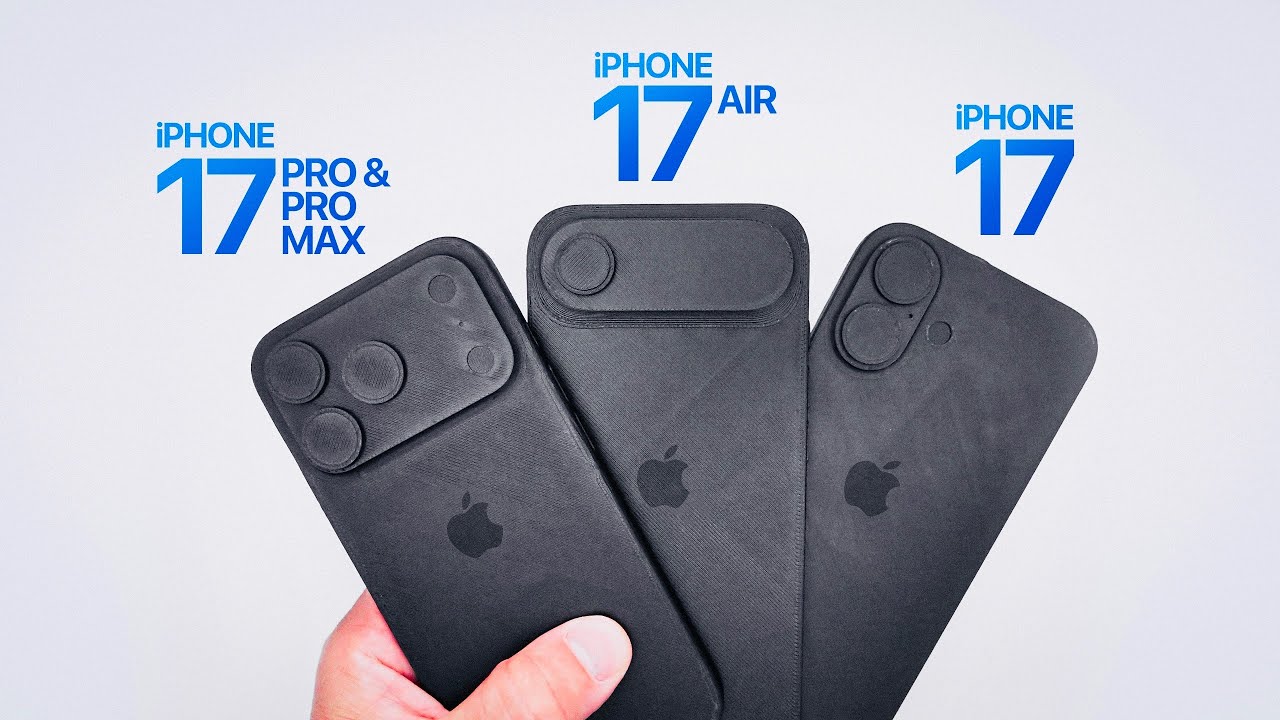
The image is said to be the mold of the upcoming iPhone 17 models (Source: PhoneArena)
In terms of design, iPhone 17 Pro models are expected to own a much larger camera cluster than previous generations. Some sources believe that Apple will stop producing iPhone Plus and replaced with iPhone 17 Air – a thinner version, aimed at users who prioritize the aesthetics.
While Apple is struggling with difficulties in supply, the biggest rival of Samsung is trying to complete the Exynos 2600 2 Nm processor for the upcoming Galaxy S26 series.





